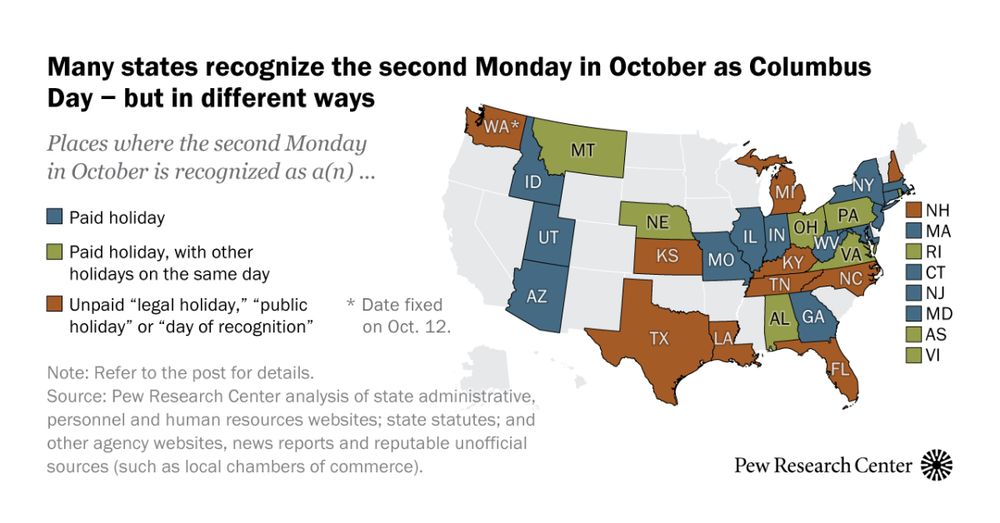Pew Research Center
@pewresearch.org
50K followers
32 following
610 posts
Nonpartisan, nonadvocacy data and analysis. Visit us at https://www.pewresearch.org/
Posts
Media
Videos
Starter Packs
Pinned
Pew Research Center
@pewresearch.org
· Apr 7
























